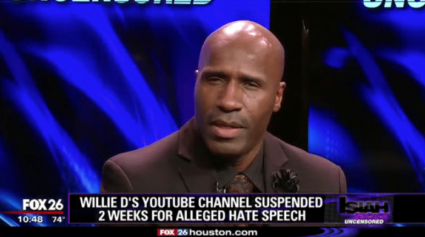The next time you click on a YouTube video, you might be asked to pony up some cash before it plays.
The Google-owned online video site is getting ready to enter the subscription business, according to people with knowledge of the situation.
The Internet’s dominant source for online videos will allow content creators to charge a monthly fee to bring a broader range of entertainment to the platform, these sources said.
The move — which has been under discussion since last fall — could happen as soon as this week, according to the Financial Times, which first reported the story. Viewers could pay as little as $1.99 a month to subscribe. The majority of content on YouTube is expected to remain free.
Such fees would help YouTube’s partners monetize content that is not necessarily advertiser-friendly — say, the horror genre — or niche content that’s not available elsewhere. It also would bring YouTube closer to the dual-revenue model of cable television, in which networks collect both a monthly subscriber fee as well as advertising.
Internet video advertising has grown by double-digits, with brands spending $2.3 billion last year on digital video advertising — an increase of 29 percent over 2011, according to the Interactive Advertising Bureau. That’s still a fraction of the $74 billion that Kantar Media estimates advertisers spent in 2012 on television commercials.
YouTube’s Robert Kyncl has talked about the importance of finding a new source of revenue for content creators, even as he has acknowledged the challenges of coaxing people to pay in an environment where the entertainment always has been available free.
“It’s a whole new skills set to develop to get people to actually take out a credit card,” Kyncl said at a recent presentation in Playa Vista. “You will see a lot of experimentation with folks with those models. Over time, a lot of people will figure it out, but it will take lots of iteration.”
A YouTube representative issued a statement that it has “nothing to announce at this time,” but added that it was “looking into creating a subscription platform that could bring even more great content to YouTube for our users to enjoy and provide our partners with another vehicle to generate revenue from their content, beyond the rental and ad-supported models we offer.”
Some within the entertainment community balked at YouTube’s deal terms, in which the platform would stand to collect 45 percent of the subscription revenue. Others expressed concern that the subscription model would interfere with the ability of a video, like K-Pop phenom Psy’s latest release, “Gentleman,” to achieve viral stardom.


